Learning and knowledge sharing are fundamental to the LHSS Project. We invite you to search LHSS knowledge products and resources for the latest approaches, insights, and learning in the field of integrated health systems strengthening.
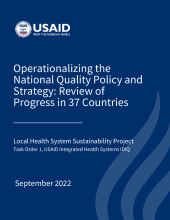
LHSS conducted a study of 37 countries to provide a better understanding of the strengths, opportunities, and gaps in the structures governing the provision of quality health services.
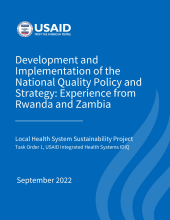
This report details case studies from Rwanda and Zambia which offer unique insights into the operationalization of National Quality Policies and Strategy (NQPS) within broader governance and quality of care reforms.
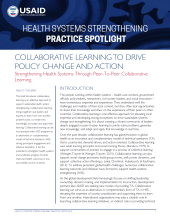
This brief introduces collaborative learning as an effective approach to support sustainable health system strengthening. Collaborative learning brings together local leaders and experts to learn from one another, problem-solve, co-create new knowledge, and adapt and apply their learning.
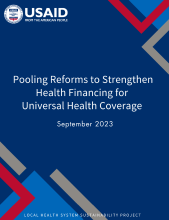
This brief focuses on how pooling arrangements—the way countries combine funding from different sources to spread the financial risk of needing to pay for health services—can be improved to accelerate progress toward UHC.
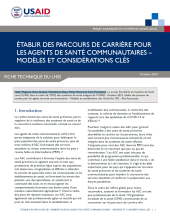
This brief in French identifies systems considerations for CHW career progression, including health workforce education and training, regulation and policy, management, and financing.
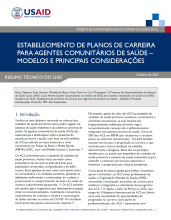
This Portuguese brief identifies systems considerations for CHW career progression, including health workforce education and training, regulation and policy, management, and financing. It's also available in English and French.

LHSS is presenting at the Global Digital Health Forum, December 4-6, 2023, in Washington, DC.
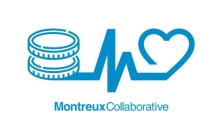
LHSS presents on health budget execution at the Montreux Collaborative on Fiscal Space, Public Financial Management and Health Financing, November 13-17, 2023.
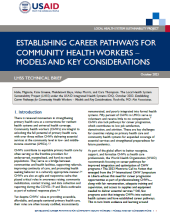
This brief identifies systems considerations for CHW career progression, including health workforce education and training, regulation and policy, management, and financing.
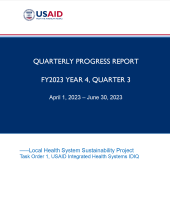
This Year 4 Quarter 3 Report (Apr-Jun 2023) was prepared for USAID and provides a progress update for all annual work plan activities.
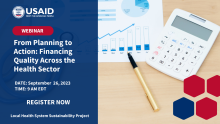
LHSS along with speakers from USAID and WHO reflected on strategies to ensure reliable funding for costing the planning, design, implementation, and evaluation of a National Quality Policy and Strategy (NQPS).
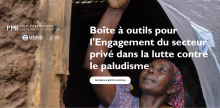
La boîte à outils vise à combler une lacune dans les conseils pratiques pour l’EPS dans les programmes de lutte contre le paludisme. Il contient des orientations, des ressources et des exemples étape par étape pour développer des activités d’ESP, dans le but global d’équiper les acteurs au niveau des pays pour stimuler une plus grande participation du secteur privé à la lutte et à l’élimination du paludisme et contribuer à des résultats durables au niveau local. La boîte à outils est disponible en anglais et en frech.
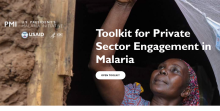
The toolkit aims to address a gap in practical guidance for PSE in malaria programming. It contains step-by-step guidance, resources, and examples for developing PSE activities, with the overall goal of equipping country-level actors to stimulate greater private sector participation in malaria control and elimination and contribute to locally sustained results. The toolkit is available in English and French.
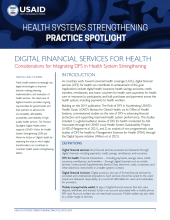
This brief includes a global evidence review of DFS for health conducted by LHSS and an analysis of two programmatic case studies of DFS for health by Management Sciences for Health (MSH) through the Digital Square initiative.
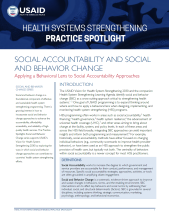
This brief highlights the recent shifts in health systems practice toward more explicitly incorporating an SBC lens in social accountability activities that aim to improve overall health system performance and address inequities. The brief synthesizes the growing body of evidence on the role social accountability plays in increasing accessibility to better-quality health care services and uses case studies and lessons learned to highlight how SBC approaches can be more explicitly integrated into this aspect of HSS programming.
